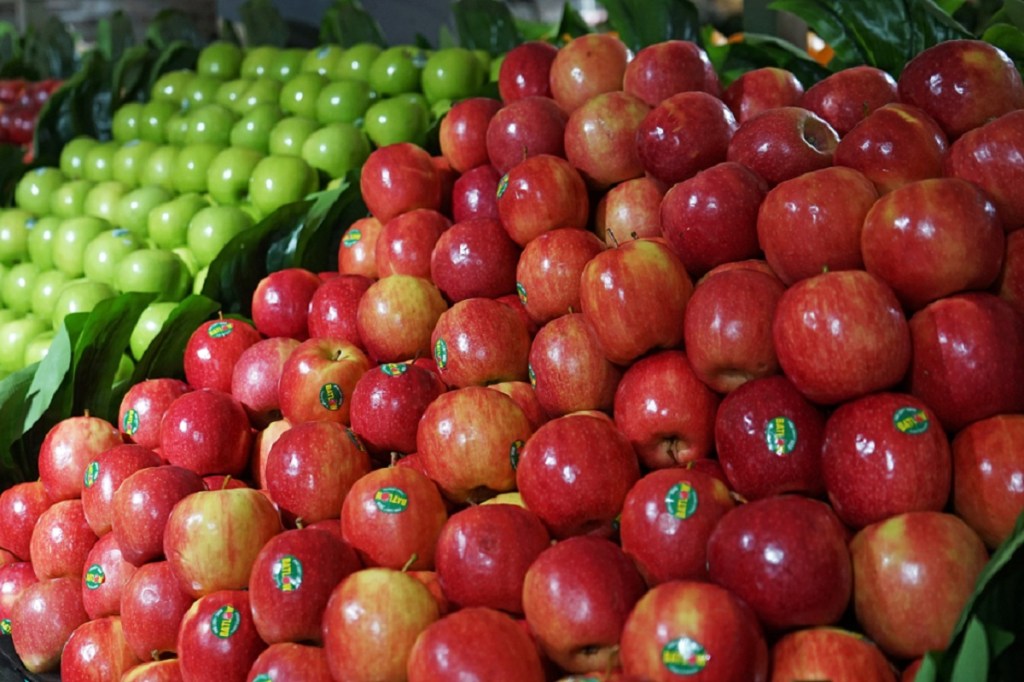The International Fresh Produce Association A-NZ (IFPA A-NZ) wants to see a nationally consistent approach to South Australia’s proposed ban on plastic non-compostable Price Look-Up code (PLU) produce stickers.
The IFPA A-NZ wants compostable adhesive excluded from South Australia’s proposed 2025 ban until growers, packers and retailers have more time to phase in approved alternatives.
Ben Hoodless, Managing Director at IFPA A-NZ , said PLU stickers, which are applied to fresh produce sold loose and by the kilo, comprised three components – the sticker itself, the ink, and the adhesive.
“PLU stickers have many benefits. They are water resistant and able to tolerate transport, storage, and marketing conditions, ensure produce is accurately identified and priced, speed up transactions at the checkout and play a role in managing food safety. Iin recent times, they have expanded to include bar codes with data supporting authentication, traceability, and product differentiation.”
Hoodless said while they wholeheartedly support efforts to reduce the use of plastic waste in the fresh produce sector, any changes should not compromise food safety and should be introduced in a way that is cost-effective, nationally consistent and supported by practical and effective alternatives.
In its submission to South Australia’s proposed 2024 and 2025 amendment to the Single-Use and Other Plastic Products (Waste Avoidance) Act, the IFPA A-NZ outlines key challenges for the produce sector ahead of the September 1, 2025 PLU ban, specifically implementation.
“We are cognisant of the financial implications for growers and producers in the current environment. We’re concerned there’s not enough time for them to implement PLU changes. Retailers, too, will have a challenge in managing produce without approved stickers.
“We would prefer to see a nationally consistent approach rather than state-based approach as growers currently manage regulations for multiple regimes. This adds undue complexity to an already challenged supply chain, and with the ban coming in, may create an extra barrier for those supplying to South Australia,” said Hoodless.
Hoodless said that technology offering PLU alternatives was emerging, with various Australian companies now manufacturing compostable stickers. Yet, compostable adhesive has limited commercial availability globally.
To stay up to date on the latest industry headlines, sign up to the C&I e-newsletter.

